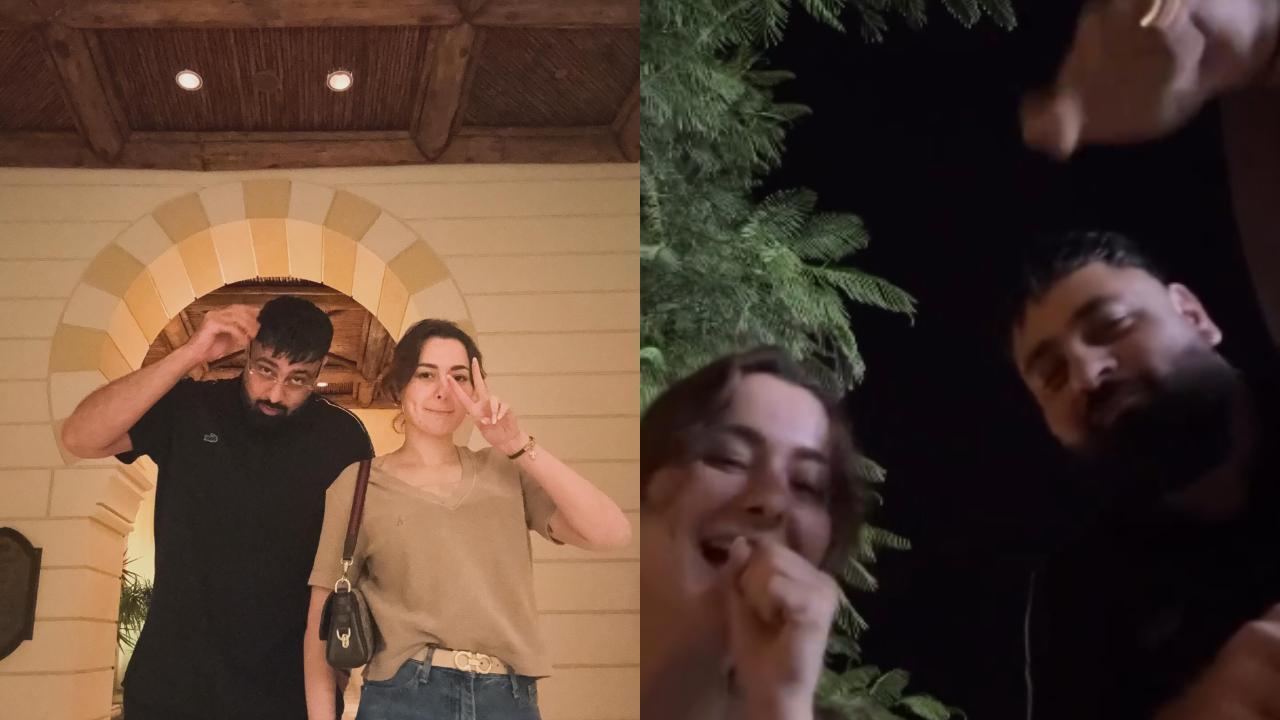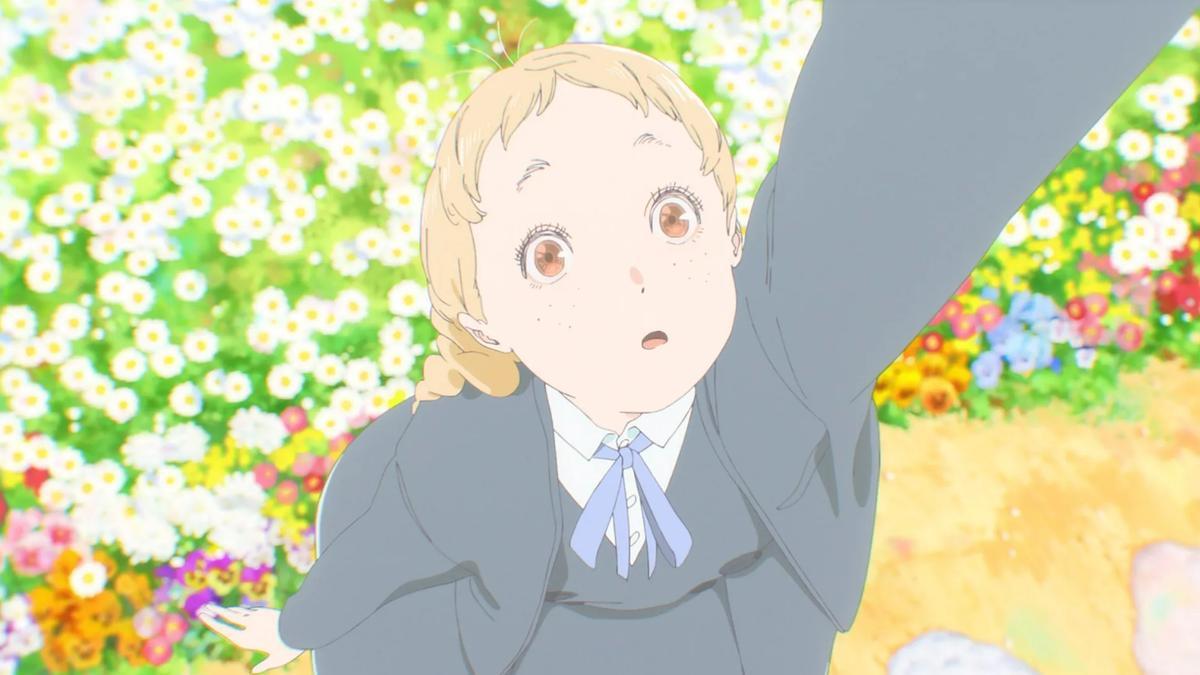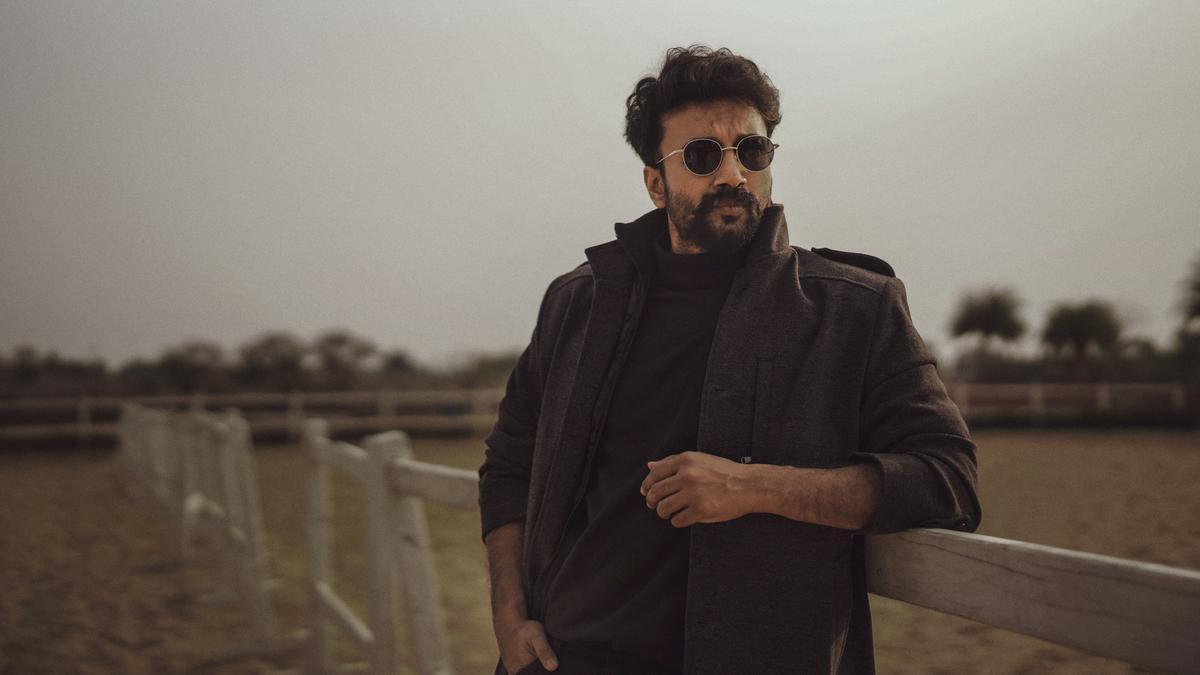
In a consequential turn of events that has caught the attention of the nation, actor Randeep Hooda has come forward to applaud the killing of Amir Sarfaraz Tamba, the alleged culprit in the murder of Sarabjit Singh, by unidentified assailants in Lahore. Hooda had intimately delved into the narrative of Sarabjit Singh by essaying his role in the 2016 Hindi film titled ‘Sarabjit’. Sarabjit Singh had been sentenced to the gallows in a Pakistani jail on charges of espionage and terrorism and ultimately met his demise there, stabbed by fellow prisoners in a violent altercation.
The end to Amir Sarfaraz Tamba’s life came suddenly and violently when bike-riding gunmen opened fire, leaving him to draw his final breaths amidst the chaos and anonymity of Lahore this past Sunday. The actor, who had on-screen transformed into the imprisoned Indian farmer accused of intelligence activity by the Pakistani government, took to social media to express his feelings about the incident. Hooda succinctly encapsulated his reaction in one evocative word: “KARMA.” His post didn’t stop there, as Hooda graciously acknowledged the unknown gunmen, paying homage to Sarabjit’s sister, Dalbir Kaur, and extending his love to Sarabjit’s daughters, Swapandeep and Poonam. Hooda’s message implied a partial closure, a semblance of justice for Sarabjit Singh, who he referred to as a martyr.
The news of Tamba’s death comes at a poignant time for Hooda, who had recently made his appearance in another cinematic biography, ‘Swatantra Veer Savarkar’, where he explored the life of Vinayak Damodar Savarkar, an important figure in India’s struggle for independence.
The landscape of Indian cinema has often served as a platform to bring to the forefront the stories of various individuals whose lives present a tapestry of heroism, struggles, and controversies. Films such as ‘Sarabjit’ cross the boundary of mere storytelling, bringing audiences closer to the raw experiences of those who have endured incontestable hardships. Portraying Sarabjit Singh, Hooda exhibited a man’s fight against a system that had convicted him on dubious grounds, his resilience in the face of torture, and the family’s indefatigable campaign for his release. It was a performance that resonated deeply with viewers and brought to light a story that had been a subject of extensive dialogue between India and Pakistan, touching on significantly sensitive geopolitical nerves.
This recent real-life incident and Hooda’s response highlight the intimate connection an actor can develop with the character they portray. The lines between the person and the persona often blur in the passionate retellings of a life lived in extraordinary circumstances. After investing emotional depth into his role as Sarabjit, Hooda’s visceral reaction to Tamba’s death suggests a lingering bond with the character and his story. His portrayal of Sarabjit was not merely a chapter in his acting career but a personal journey that has evidently left its imprint on the actor.
Hooda’s reaction is reminiscent of the time-honored adage that life imitates art. Through the medium of film, he has not only acted as a conduit for Sarabjit’s memory but also exemplified the profound impact such roles can impart upon those who undertake them. In a world where events unfold with startling rapidity and outcomes are unpredictable, Hooda’s profound connection to Sarabjit Singh’s legacy is a testament to the enduring power of cinematic art to inspire, memorialize, and provoke active discourse on issues of justice and humanity.
Reflected within the realms of Hindi cinema, the narrative of Sarabjit Singh will likely continue to evoke potent conversations, as will the, albeit controversial, sense of justice perceived by some in the sudden demise of Amir Sarfaraz Tamba. The film industry’s role in shaping public perception remains as significant as ever, and actors like Randeep Hooda play a crucial role in bringing such complex and emotional tales to the public eye.










